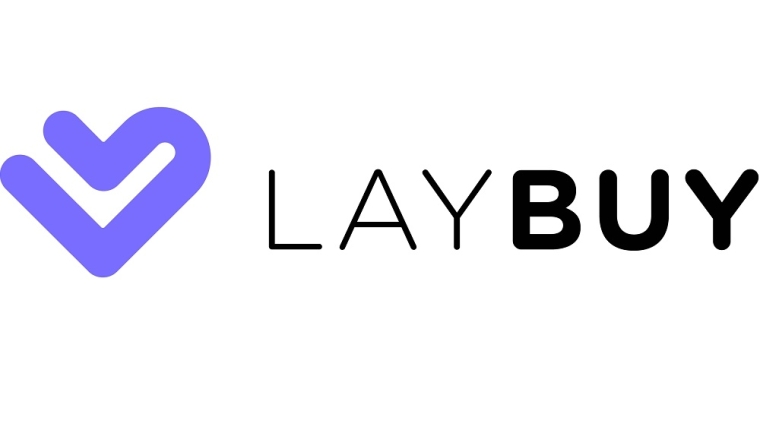
Laybuy is walking away from the ASX and says it will ask shareholders to vote on returning the company to private ownership after an ill-fated foray as a listed firm.
The New Zealand-founded buy now, pay later (BNPL) company listed on the Australian exchange in September 2020 and its shares launched with a flurry of activity which saw prices rise from its listing price of A$1.41. The plan at that time was to use the money raised to boost Laybuy's presence in the United Kingdom where it has built up market share since it launched there in 2019.
Those days, however, are long gone and Wednesday’s announcement that the firm would exit the ASX saw the shares drop even further, to A3.7c.
Close to two-and-a-half years after it first listed the firm has seen its value fall by more than A$230m.
The company said in a statement to the ASX that it would save an estimated $480,000 over the next 12 months if it delists and can avoid ongoing administrative, compliance and other costs associated with being listed.
The firm said its board had seen “fluctuations in the quoted price of the company’s shares and noted that the value attributed to a share has been largely independent of news flows, even when positive news has been released”.
It said this had caused the board to question whether the market is fairly valuing the company.
Remaining listed on the ASX would have ongoing negative ramifications for Laybuy, it said.
Laybuy’s low market capitalisation, low share price and low liquidity meant it was difficult for the firm to raise funds. If it was to raise funds and was listed, the listing would bake in higher costs to raise that capital.
The Laybuy announcement said the company would also have wider access to global investors including those unable to buy into ASX-listed firms due to “investment mandates”.
It placed its shares into a trading halt on January 23.
The delisting will be put forward for shareholder approval at a special meeting to be held at the end of February.
Laybuy said it's on track to achieve operating profitability by March 2023 but had built accumulated losses of NZ$128.5 million through to September 2022.
The BNPL industry has seen intense competition for customers. Australian-founded firm Afterpay is the leader of the pack, and inked a deal with Twitter founder Jack Dorsey's Square in 2021.
But there are many other players in the market including Sweden's Klarna which has been trying to make inroads in Australasia in the past few years.
10 Comments
BNPL was always a stupid idea. Just another example of magic money and tech startup hubris.
Rubbish. BNPL is not 'magic money'. Platforms are not entitled to create money from nothing. Furthermore, the business propositon is the digitalization of what the boomers enjoyed in the 70s and the 80s.
Magic money is a reference to cheap investment money desperately chasing very poor business models. Nothing wrong with tech per se, just the blind belief that anything digital is disruptive and disintermediating. Shark lending with a digital raincoat can't be disguised as innovation.
Nothing wrong with tech per se, just the blind belief that anything digital is disruptive and disintermediating. Shark lending with a digital raincoat can't be disguised as innovation.
Sure. But digital represents an opportunity for disruption. Whether it is adopted or not or is commercially successful is beside the point.
I thought in the 60s & 70s you didn't get the product until it was paid for?
Selling low value retail products, taking them home, with a promise to pay later in my opinion was always going to fail.
I thought in the 60s & 70s you didn't get the product until it was paid for?
I am referring to buying something, like home furnishings, and paying it off interest-free over a fixed time period.
Selling low value retail products, taking them home, with a promise to pay later in my opinion was always going to fail.
AfterPay's initial success came from the fashion industry. These are not "low value" purchases. Typically fashion is a "high margin" category.
$1.41 to 3c, talk about volatile.

We welcome your comments below. If you are not already registered, please register to comment
Remember we welcome robust, respectful and insightful debate. We don't welcome abusive or defamatory comments and will de-register those repeatedly making such comments. Our current comment policy is here.